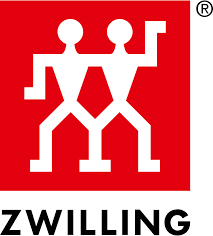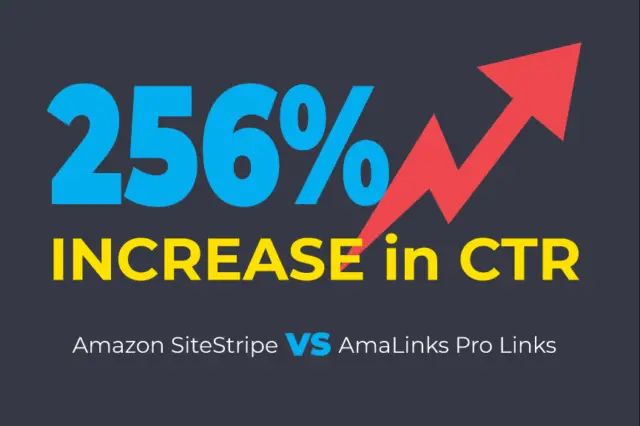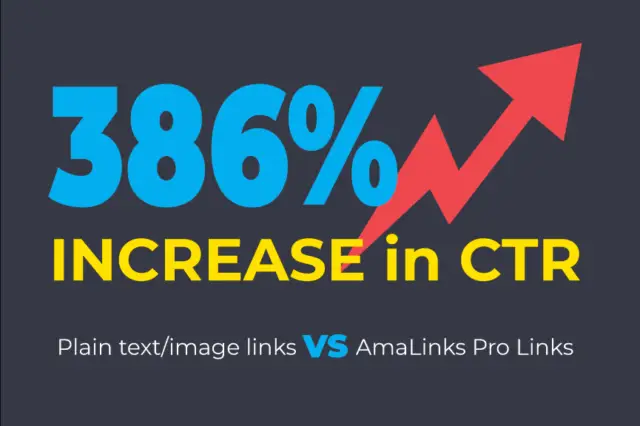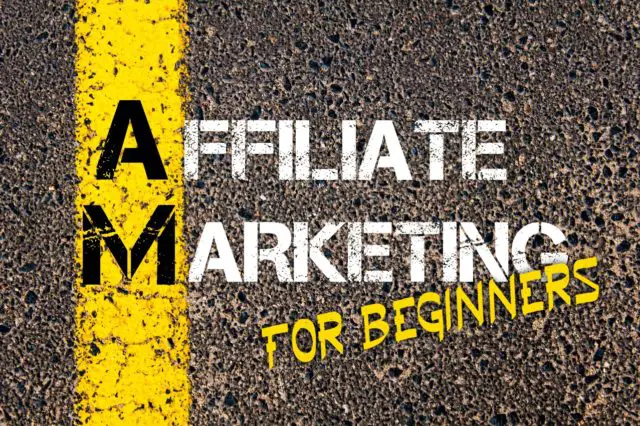
Learn about the Zwilling affiliate program.
“Zwilling” is a German term that directly translates to “twin” in English. In a broader sense, it signifies dual or double, and in various contexts, it can refer to two things that are alike or similar to each other. While the term itself can be used in many contexts, in the global marketplace, “Zwilling” is often associated with a renowned brand of kitchenware, especially knives.
The origins of the term “Zwilling” can be traced back to Germany, a country with a rich history and tradition in precision engineering and craftsmanship. This context is essential when considering the brand most associated with the term.
In 1731, in the city of Solingen, Peter Henckels registered the “Zwilling” (twin) logo as his trademark with the Cutler’s Guild. Solingen, known as the “City of Blades,” has had a long-standing history in producing high-quality swords, knives, and other bladed instruments, owing its reputation to its skilled craftsmen and specialized techniques. This craftsmanship became a foundation for the Zwilling brand.
Over the years, the brand gained momentum under the management of Peter’s descendant, Johann Abraham Henckels. To differentiate it from other Henckels brands, he renamed the company to “Zwilling J.A. Henckels.” The commitment to quality, innovation, and craftsmanship set the brand apart in the competitive market of kitchenware.
The Zwilling brand became synonymous with durability, sharpness, and precision. They utilized high-carbon stainless steel and meticulous forging processes, ensuring that each blade was made to exacting standards. The processes used by the brand have often been described as a blend of traditional craftsmanship and modern technology. Over time, the product line expanded beyond knives to include cookware, flatware, glassware, and beauty tools.
Zwilling’s dedication to quality and innovation attracted international attention. As the brand expanded, it was introduced to new markets outside of Germany. Today, the products are available in over 100 countries, highlighting the brand’s global reach and appeal. One could argue that Zwilling’s prominence on the global stage is a testament to its consistent commitment to quality and the enduring value of German craftsmanship.
While “Zwilling” as a brand is prominent in the kitchenware sector, the term’s implications are broader when we consider its original meaning – “twin.” In various disciplines, from genetics to astrology, the concept of twins or dual entities carries significance.
For instance, in genetics, twins can be monozygotic (identical) or dizygotic (fraternal). Studies involving twins provide invaluable insights into the interplay between genetics and environment. In astrology, the sign Gemini is represented by twins, symbolizing duality, communication, and adaptability.
In literature and popular culture, twins often symbolize duality or the juxtaposition of opposites. This concept, while seemingly simple, has complex implications and can be explored in various contexts, from identity struggles to moral dichotomies.
As with many terms that have historical roots, “Zwilling” has evolved over time. For many, it represents the premium quality of kitchenware, but for others, it might evoke ideas of duality, identity, and connectivity. The adaptability of the term, much like the adaptability of twins in astrological contexts, allows it to remain relevant in both historical and contemporary dialogues.
In today’s digital age, where brand recognition is vital, the Zwilling brand has leveraged its long-standing history to resonate with consumers. Their marketing strategies emphasize the blend of tradition and innovation, ensuring that while they evolve with the times, they remain grounded in their historical roots.
Furthermore, with sustainability and responsible manufacturing becoming pivotal in the 21st century, the brand’s emphasis on durable and long-lasting products appeals to a consumer base that is increasingly environmentally conscious.
The term “Zwilling” encapsulates a rich tapestry of meanings and implications. From its origins in Germany’s “City of Blades” to its global brand recognition, the journey of “Zwilling” is both a testament to enduring craftsmanship and the evolution of brand narratives in the face of changing consumer needs and values. Beyond commerce, the term also holds significance in various fields, from genetics to literature, emphasizing the interconnectedness of language, culture, and history.
Did you know that Zwilling has an affiliate program?
Here is some basic information about what Zwilling is all about. Check it out, and if you are interested there is a link below to access the Zwilling affiliate program.

Miles Anthony Smith
Miles is a loving father of 3 adults, devoted husband of 24+ years, chief affiliate marketer at AmaLinks Pro®, author, entrepreneur, SEO consultant, keynote speaker, investor, & owner of businesses that generate affiliate + ad income (Loop King Laces, Why Stuff Sucks, & Kompelling Kars). He’s spent the past 3 decades growing revenues for other’s businesses as well as his own. Miles has an MBA from Oklahoma State and has been featured in Entrepreneur, the Brookings Institution, Wikipedia, GoDaddy, Search Engine Watch, Advertising Week, & Neil Patel.
Commission Rate & Cookie Information
Zwilling offers a commission of 4% Per Sale and their cookie lasts for 30 Days.


